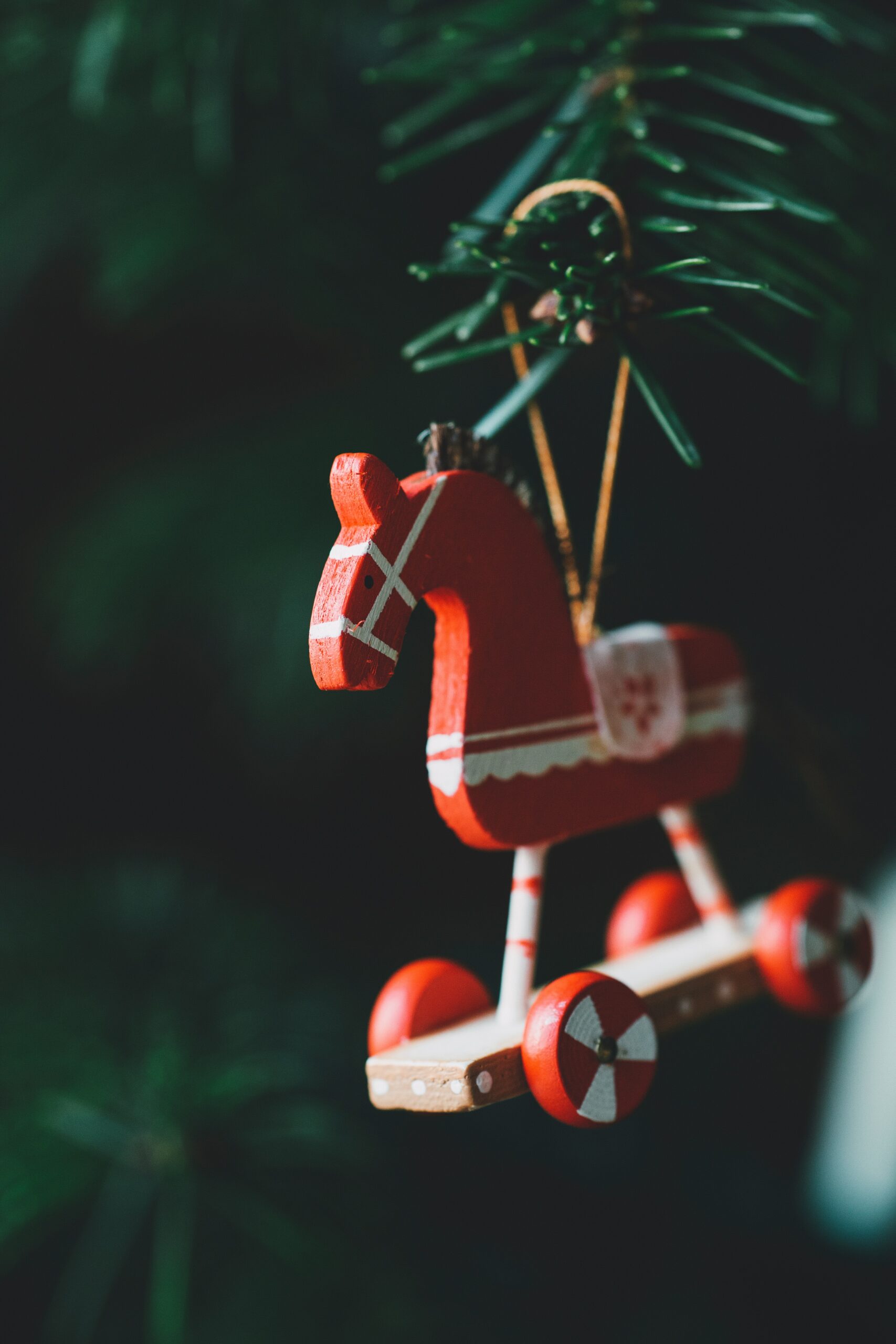Eco-responsible toys for Christmas
Buy less but buy better.
This is one of the bases of minimalism but it also rhymes with economy and ecology.
Buying less is, in fact, having more budget which then allows us to encourage small companies with ethical and eco-responsible values that charge fair prices for their production methods, treatment of employees, choice of quality materials... It is also giving us the ability to support local trade, to favour companies that have a low impact on the planet. We do not encourage large multinationals that have no ethics and that have disastrous consequences on the environment and on human lives.
Buying less is better for the planet. We waste less because we buy good quality: less breakage, objects are made of materials that last over time as they are used. So we reduce our waste.
Buying less means equipping ourselves with what we need and what really makes us happy without cluttering up our house or our children's bedrooms. It's not about following a consumerist impulse strongly encouraged by advertisements and the time of year, it's about making a considered decision in line with our values and our ideal.
Every purchasing decision has political power; if we choose small, local designers who do things with a conscience, we send a message that we want green, environmentally responsible and ethical businesses to be born and flourish.
Christmas is really about children, presents are really a very exciting and magical thing 🙂
To keep this pleasure while being in line with your values, you can inform your loved ones. Tell them what you need for your child,
what values you want the donated items to carry,
the choice of materials that are healthy for the child and healthy for the environment,
your choice to support independent and local creation or second hand, associations...
You can propose lists of desires and needs (such as a multi-brand list like mesenvies.fr (compatible with all e-commerce sites including atelierpetitesformes.com 😉 ) Cela permet d’avoir sous le sapin des jouets choisis en conscience pour vos enfants, et de ne pas les ensevelir de jouets et d’objets décevants car trop nombreux, trop orientés, ou encore de mauvaise qualité.
By having interesting conversations with our loved ones and those around us about our consumption patterns in the face of the overproduction of objects at this time of year, I think this is key and significant.
En ces temps de crises financières et climatiques ça n’a plus de sens d’encourager la surconsommation de biens matériels au détriment de l’environnement et du social. Ce n’est fondamentalement pas l’esprit de Noël.
For further reflection I recommend the episodes of the podcast The Ostrich and the Hummingbird on this subject.
Thank you for reading.
As we enter Advent, I wish you all the sweetness and warmth that this special time invites us to experience.
Manon


